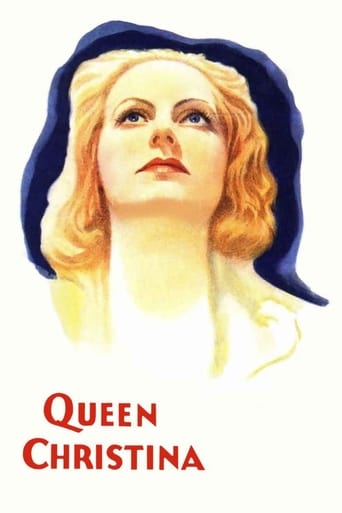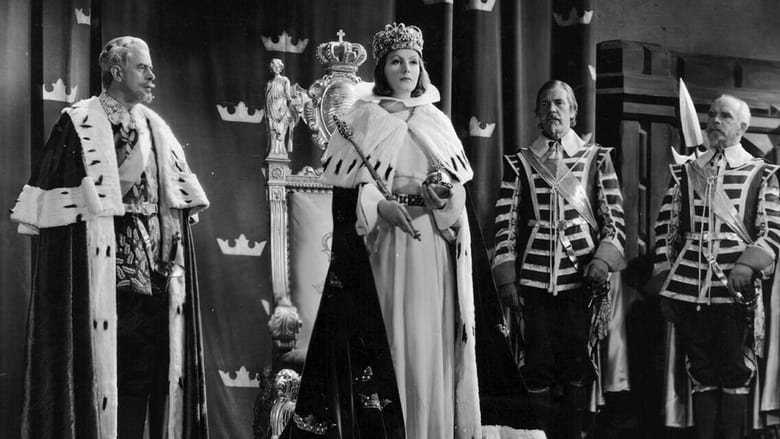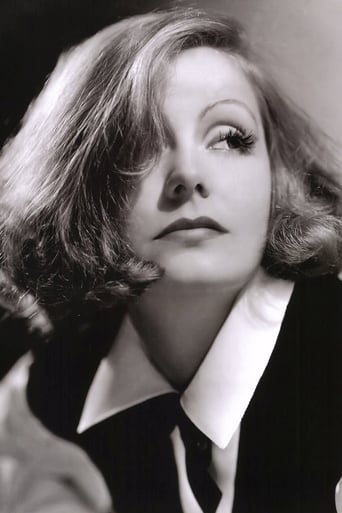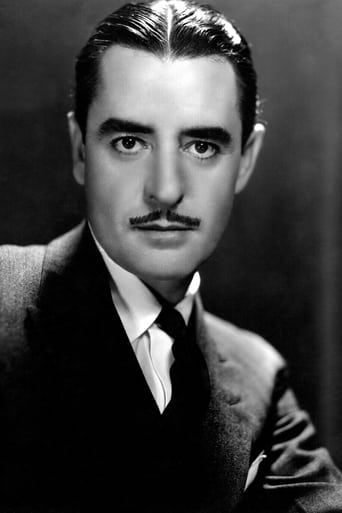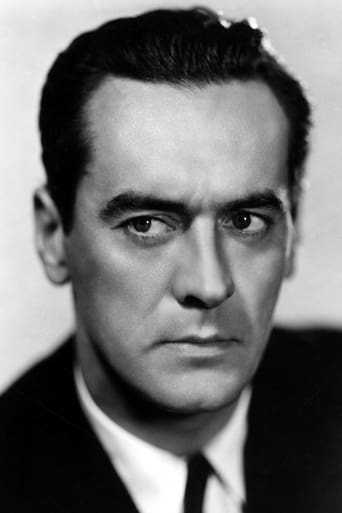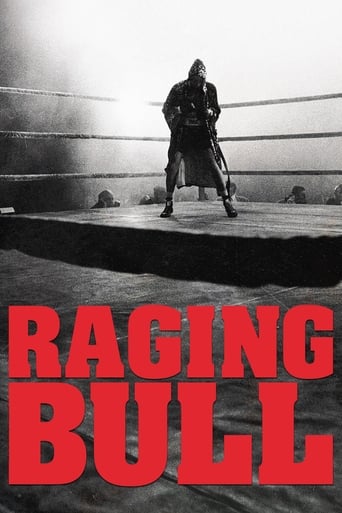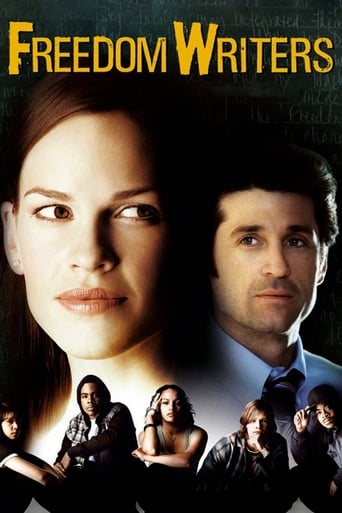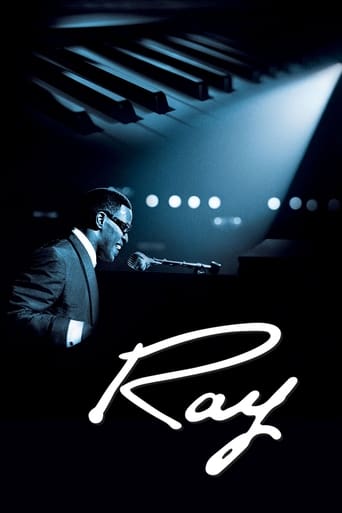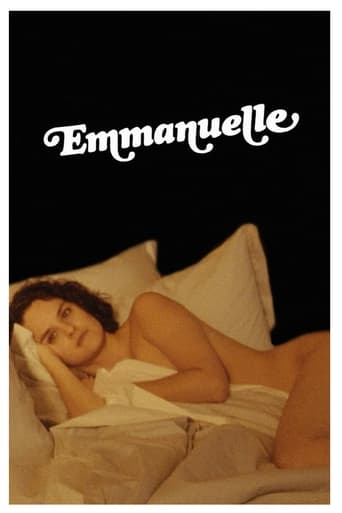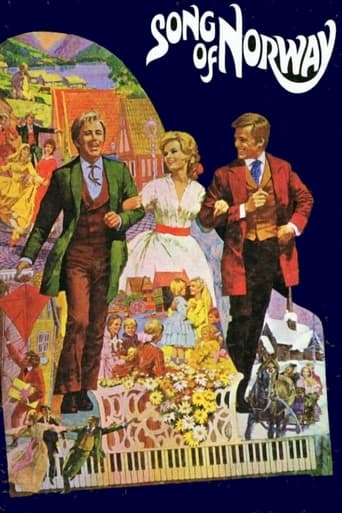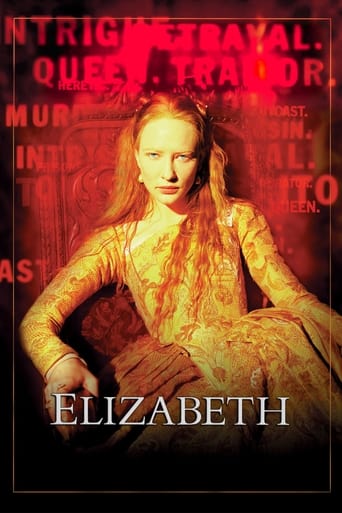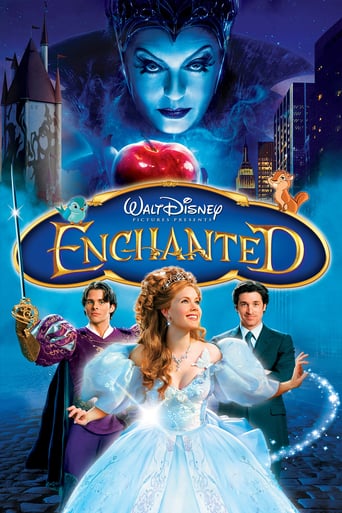Queen Christina (1933)
Queen Christina of Sweden is a popular monarch who is loyal to her country. However, when she falls in love with a Spanish envoy, she must choose between the throne and the man she loves.
Watch Trailer
Cast


Similar titles
Reviews
Although this picture was one of the top ten at the U.S./Canadian box office for 1934, I think "Queen Christina" is somewhat over- rated. Garbo of course is magnificent. Superbly costumed and superbly set, like an ultra-polished jewel in a perfect surround. What is not so perfect is the script, which tends to be much given to verbose speeches. All this talk is wonderful when Garbo is doing the speaking, but somewhat less than entrancing when mouthed by such second-rate players as Lewis Stone, Ian Keith and John Gilbert, whose collective acting style in this movie can only be described as old-fashioned declamatory or even hammy. Stone, alas, is by far the worst offender. The way he pitches his voice so that it has an uncanny knack of hogging the mike, the way he beats up with much facial grimacing his repetitious and woefully predictable lines, the way he gestures with his hands, the patent insincerity and hallow shamming of his whole manner, betoken the true ham, the third-rate thespian who has nothing to offer but the most superficial vocal and histrionic "tricks". Gilbert is a lot better. He's obviously trying hard to please, but obviously receiving little help from his dialogue coach. Not only does his voice have that celebrated odd timbre which seems to mis-match his image, but he tends to deliver his lines in a stiff, unnatural manner. Oh yes, there are times, I know, when he's quite effective. But these, alas, are in the minority. He's also hampered by being unflatteringly photographed — Daniels reserves all his best efforts for Garbo, really pouring on the light in her close-ups — and none too attractively costumed. Oddly enough, it's young Elizabeth Young and old Sir C. Aubrey Smith (who appears at first sight to be miscast) who alone bring a bit of credit to the support cast (though we will give Reginald Owen the benefit of the doubt by saying he is the victim of inept direction). Mamoulian is a great pictorial stylist, no doubt of that. Many of the images and visuals in Queen Christina linger long in the memory. The famous final fade-out close-up is not alone in nostalgic elegance and atmosphere. Many of the long shots — particularly those with Garbo framed like a child — are equally beautiful, equally haunting. The music score, sad to say, is awful. Worse still, executive producer Irving Thalberg's brother-in-law has contributed his usual remarkably tinny sound recording. Fortunately, this problem has been rectified to some extent on the current Warner Archive DVD.
Directed with a loving feminist slant by Rouben Mamoulian, the movie follows the rise and abdication of Christina, the first Queen of Sweden who ascends to the throne at the age of five when her father is killed on the battlefield. At her coronation, we see the young Christina (nicely played by child actor Cora Sue Collins) with glimpses of the spirit that she will carry into adulthood especially in a moment when she deviates from her prepared preamble.Then we jump forward in time and meet Christina as a breathtaking beauty somewhere in her late twenties (Garbo was 28 at the time). She stands out in her court, not just because she is queen but because her point of view is so different. The men who occupy her court are passionate in their insistence that Sweden should make a violent conquest against their European enemies. Christina is dead-set against it, she will not send her countrymen onto the fields of battle to die for selfish conquest. Her perspective is that she would prefer to see her subjects embrace peace and love and passion and art, a lust for life rather than a testosterone-fueled lust for blood.We understand why. We see that Christina is a woman who wants to examine all aspects of love and passion and has no desire to fill the expected trappings of her gender or her position. She wears men's clothing, she has affairs, and she speaks to men face to face, not just as a woman speaking to a man. She delights her subjects by having many affairs to the degree that they place bets on how many lovers she has had.Early in the film we see her in the late stages of an affair with one of her court officers. More alarming are the fleeting glances to suggest that she is carrying on a lesbian affair with the Countess Ebba Sparre (played by Elizabeth Young a.k.a. Mrs. Joseph Mankiewicz) in a scene that is handled only with a light kiss on the lips but we sense that there is one thing that eludes her, the efficacies of true love. In moments of true happiness, there is a light in her eyes, a spark that only comes from self-discovery. For a star so famously elusive, it is striking that we are seeing her face so open, so curious. There is passion and wonderment just under the surface. This is a woman with a lust for life.Her fortunes begin to change one night in a town tavern which the Queen visits disguised as a man. She wants to view her subjects at ground level and just enjoy a night out without anyone at her feet. At the Inn she is privy to a conversation among the drunks over how many lovers the queen has had in the past year. "Six!" one says, "Nine!" says another and a donnybrook erupts. She breaks up the argument with the proclamation that the queen has had twelve, "A round dozen", she tells them which is greeted with applause.Someone else in the tavern can't help but admire her spirit. He is Antonio (Garbo's real-life lover John Gilbert), a visiting Spanish Envoy who is delighted by this "young man" and they spend a delightful evening getting to know one another. We are suppose to be convinced that Antonio is unaware that Christina is a woman but we kind of have to go along with it – there is simply NO WAY that a woman as gorgeous as Greta Garbo could ever be mistaken for a man. When it comes time to turn in, Antonio is kind of delighted to learn that the inn is full and that he will be forced to share a room with this "man". The Queen has only to remove her cape to reveal her true gender – I love the amused look on her face, her eyes cast to the floor as he discovers her.Antonio and Christina spend several days making love and afterwards we are invited into one of the most beautiful sequences ever put on film, lying at his feet she is fed grapes from his hacienda. She gets up and begins touching the objects in the room, a candle, a spinning wheel, a painting and of course the bed in which she rests her cheek on one of the pillows and the camera catches a glowing, almost ethereal image of her lovely face as she remembers the previous few days. This is a woman who is not overtaken by her passion, but who carries her passions and embraces every inch these earthly pleasures. She does not play a victim, or a victimizer, this is simply a woman uncovering the passions that lie within her.I love when Antonio tells her, "We're inevitable". There is a look between them that doesn't suggest two actors playing a scene but two people locked at the soul who are simply caught up in one another. What will carry us through the rest of the film is whether or not Christina can give up her reign to remain in Antonio's arms. Will she give up the country that adores her for the man who loves her? It is inevitable that she will have to make that choice but for me the strength of Queen Christina doesn't lie in the third act – though it contains the most famous final shot in movie history – rather in Garbo's confident performance as a woman for whom life is one discovery after another. This is one of the most complete characters in the early years of the cinema, a specific person with a lust for life.
One of movies behind any definition. Like a unique picture. As a lake in winter. History and love story and presence of Garbo. An extraordinary director and memorable scenes. And the feeling than this tale , who may be about Elizabeth the I or Boudicca has not end. It is a huge exercise of perfection and beauty in each moment. A kind of spell and form of sculpture. So, it is not movie of a time. And it is not example of artistic precise art. But it is memory. Recollection. Subject of nostalgic moment and bone of a way to give the essence of a subject. This film is Garbo. And more. The details constructs a world strange and dramatic but like sculptural roots. A extraordinary show. A wonderful queen. And one of greatest movies.
How ironic that back to back I saw what I considered to be the weakest Garbo I've seen ("Anna Karenina"), and the best, "Queen Christina." This is truly one of the great Hollywood films and the finest performance Garbo ever gave. She is brilliant as queen of her native Sweden, a role she was meant for. It's got an excellent cast with her finest co-star, John Gilbert, who co-starred in many of her silent films. The studios destroyed Gilbert by spreading the rumor (as they did with Louise Brooks) that his voice recorded badly. This was totally untrue. His voice in this movie is full-bodied and strong. He and Garbo have screen chemistry to burn. There is a love scene where Garbo walks around studying the room at an inn where she and Gilbert fell in love (He: "What are you doing?" She: "I'm remembering") that has got to rank as one of the most romantic and curiously strange of any to come out of the Hollywood dream machine. And ultimately, the film has that justifiably famous final and luminous shot of Garbo on the deck of a ship looking out to sea as she sails off to her destiny without the man she loves. Directed by Rouben Mamoulian, it has some of the most beautiful cinematography of the period. There's a single shot (a matte painting) of queen Garbo walking through the corridor of the castle at night that took my breath away. I went back and re-watched it a number of times. Wow! Masterful direction. This is the one Garbo film not to miss. Can't recommend it highly enough.

